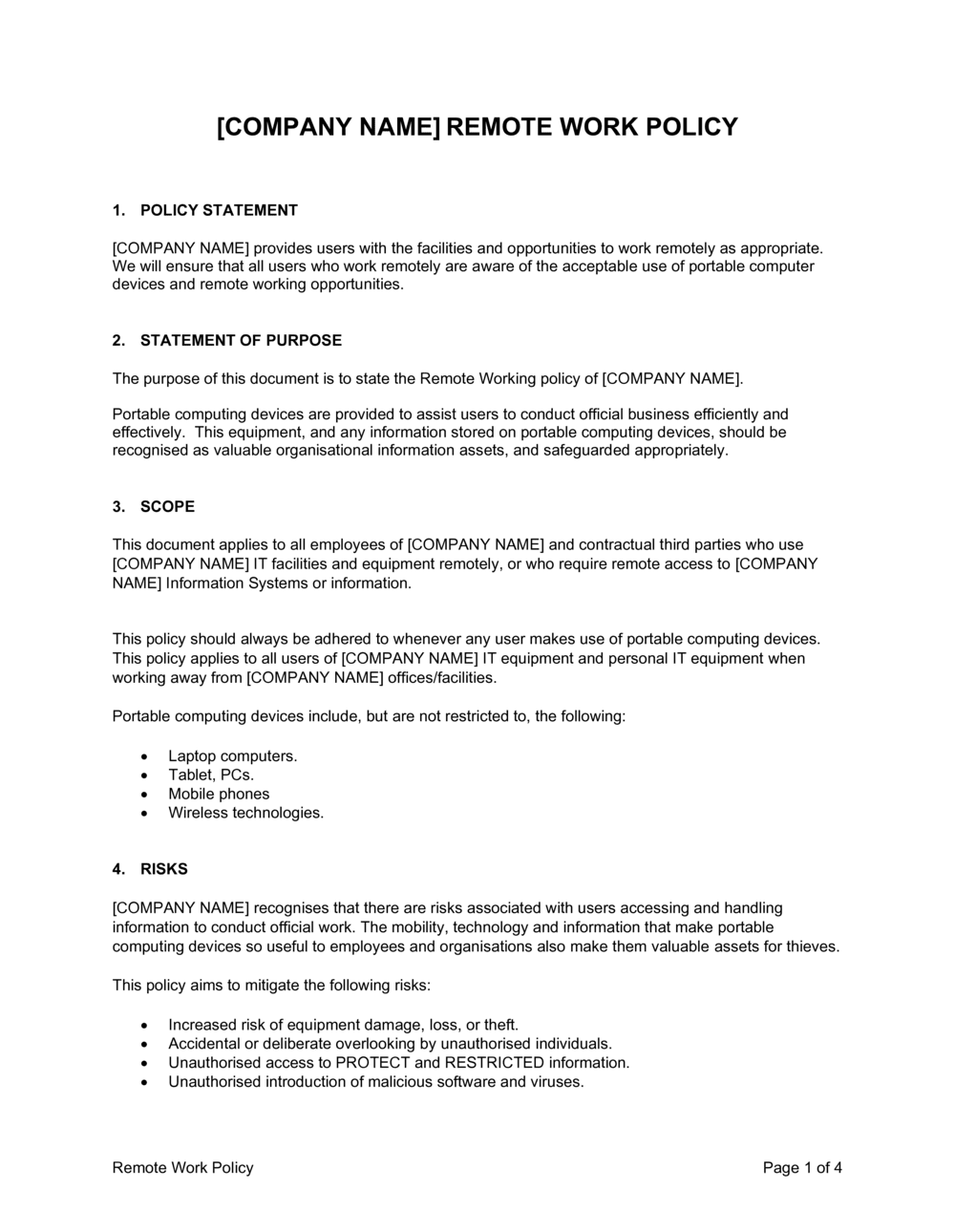In today’s globalized business landscape, companies are constantly exploring innovative strategies to stay competitive and optimize their operations. One such approach that has gained considerable traction is the practice of outsourcing manufacturing. This strategy involves contracting out the production of goods to external third-party vendors, rather than relying solely on in-house facilities. Let’s delve into the various aspects and implications of outsourced manufacturing.
The Rise of Outsourced Manufacturing: A Strategic Shift
Outsourced manufacturing has witnessed a significant rise in recent years as businesses seek to leverage cost-effective solutions and enhance overall efficiency. This strategic shift allows companies to focus on their core competencies, such as product development, marketing, and customer relations, while leaving the intricacies of manufacturing to specialized partners.
Cost Efficiency and Scalability: Driving Forces Behind Outsourcing
One of the primary motivations for outsourcing manufacturing is the potential for cost savings. External vendors often have established processes, economies of scale, and expertise that enable them to produce goods more efficiently and at a lower cost than if the same tasks were conducted in-house. This cost advantage becomes particularly pronounced when dealing with labor-intensive or specialized manufacturing processes.
Moreover, outsourcing provides companies with the flexibility to scale their production up or down based on market demand. This scalability is crucial in today’s dynamic business environment, allowing organizations to adapt swiftly to changes in market conditions and consumer preferences without bearing the burden of maintaining a fixed production capacity.
Global Reach and Access to Specialized Skills
Outsourced manufacturing also facilitates global reach, enabling companies to tap into diverse markets and benefit from international expertise. Partnering with manufacturers in different regions allows businesses to navigate trade barriers, take advantage of local resources, and cater to the unique needs of specific markets.
Furthermore, outsourced manufacturing provides access to specialized skills and technologies that may not be available in-house. This is particularly relevant in industries with rapidly evolving technologies, where staying competitive requires continuous innovation and adaptation. By collaborating with external partners, companies can stay at the forefront of technological advancements without having to invest heavily in acquiring and maintaining specialized skills in-house.
Challenges and Considerations in Outsourced Manufacturing
While outsourced manufacturing offers numerous advantages, it is not without its challenges. Dependence on external partners introduces risks related to quality control, supply chain disruptions, and intellectual property protection. To mitigate these risks, companies must establish robust contracts, conduct thorough due diligence when selecting manufacturing partners, and implement stringent quality control measures.
Additionally, maintaining effective communication and collaboration with outsourced partners is crucial for successful outcomes. Clear communication channels and regular updates help ensure that both parties are aligned in terms of goals, timelines, and expectations.
Outsourced Manufacturing in Action: A Case Study
For a real-world example of the benefits of outsourced manufacturing, let’s consider a hypothetical scenario in the electronics industry. Company XYZ, a leading electronics manufacturer, decided to outsource the production of a new line of smartphones to capitalize on the expertise and cost advantages offered by a specialized manufacturing partner. By doing so, Company XYZ was able to bring the product to market faster, reduce production costs, and focus its internal resources on marketing and distribution.
In conclusion, outsourced manufacturing has emerged as a strategic imperative for many businesses seeking to enhance efficiency, reduce costs, and stay competitive in the global marketplace. By leveraging the advantages of external expertise, scalability, and global reach, companies can navigate the complexities of modern business and position themselves for long-term success. If you’re interested in exploring how outsourced manufacturing can benefit your business, consider reaching out to reliable partners in the industry, such as those at Outsourced Manufacturing.








:max_bytes(150000):strip_icc()/low-maintenance-flowers-garden-blanketflower-getty-0523-84c28a863bc847c8ada073ed955492db.jpg)


